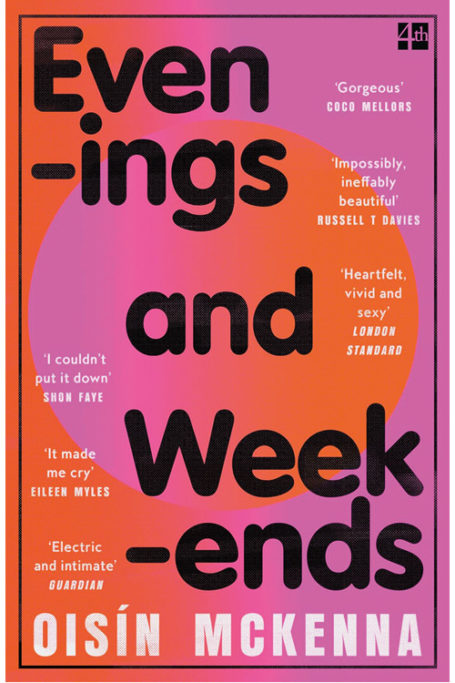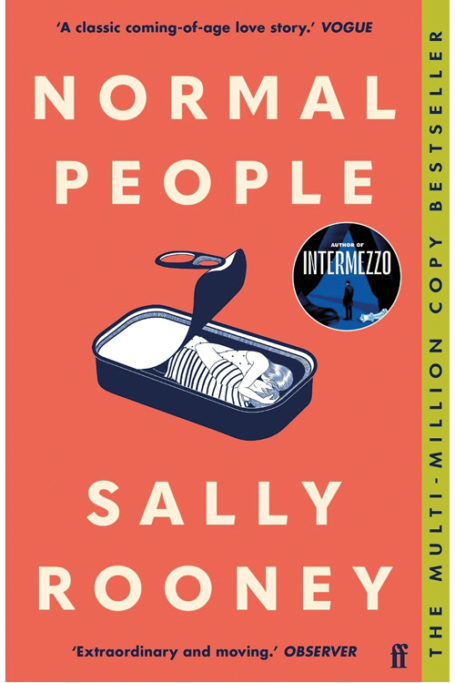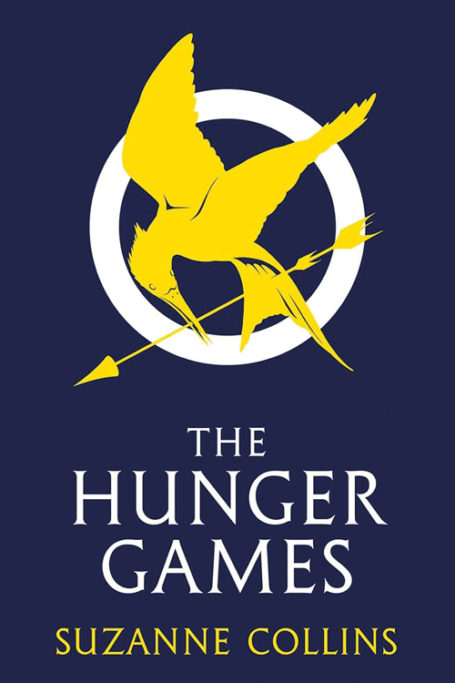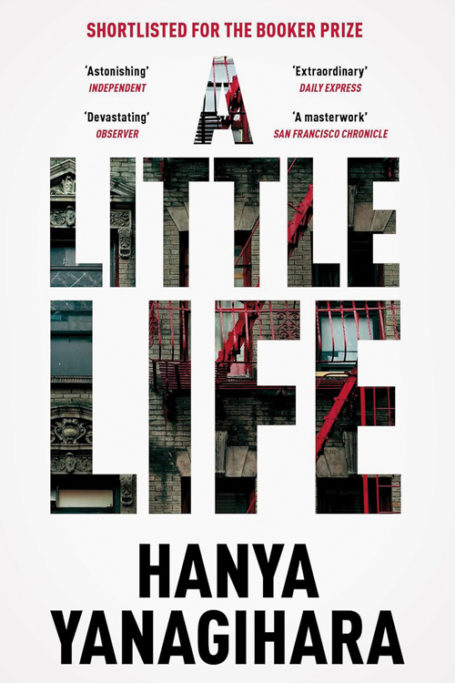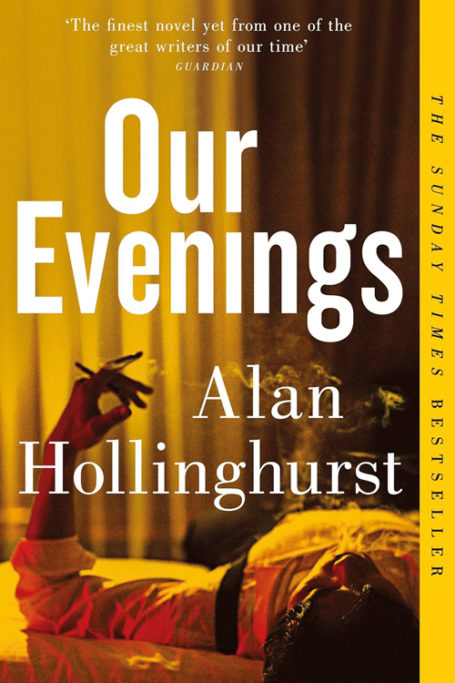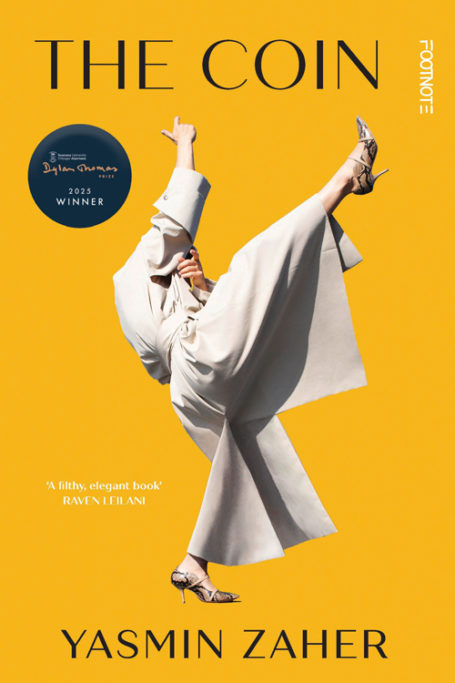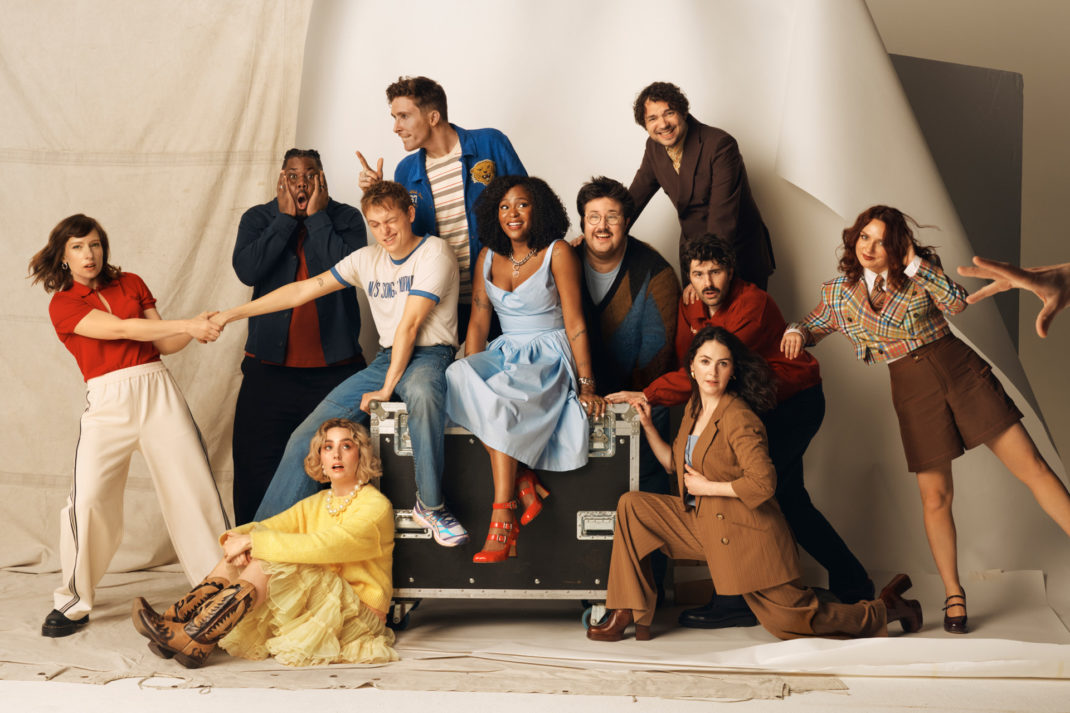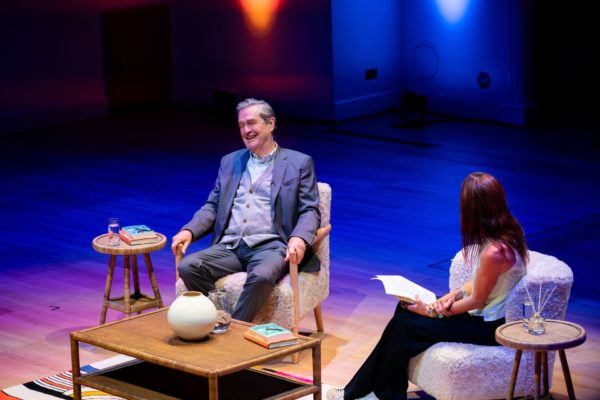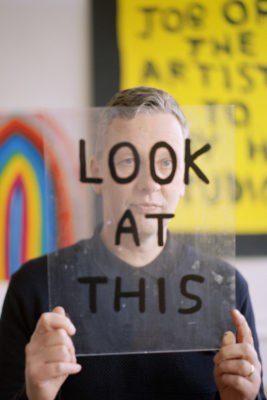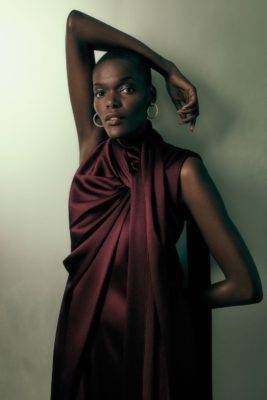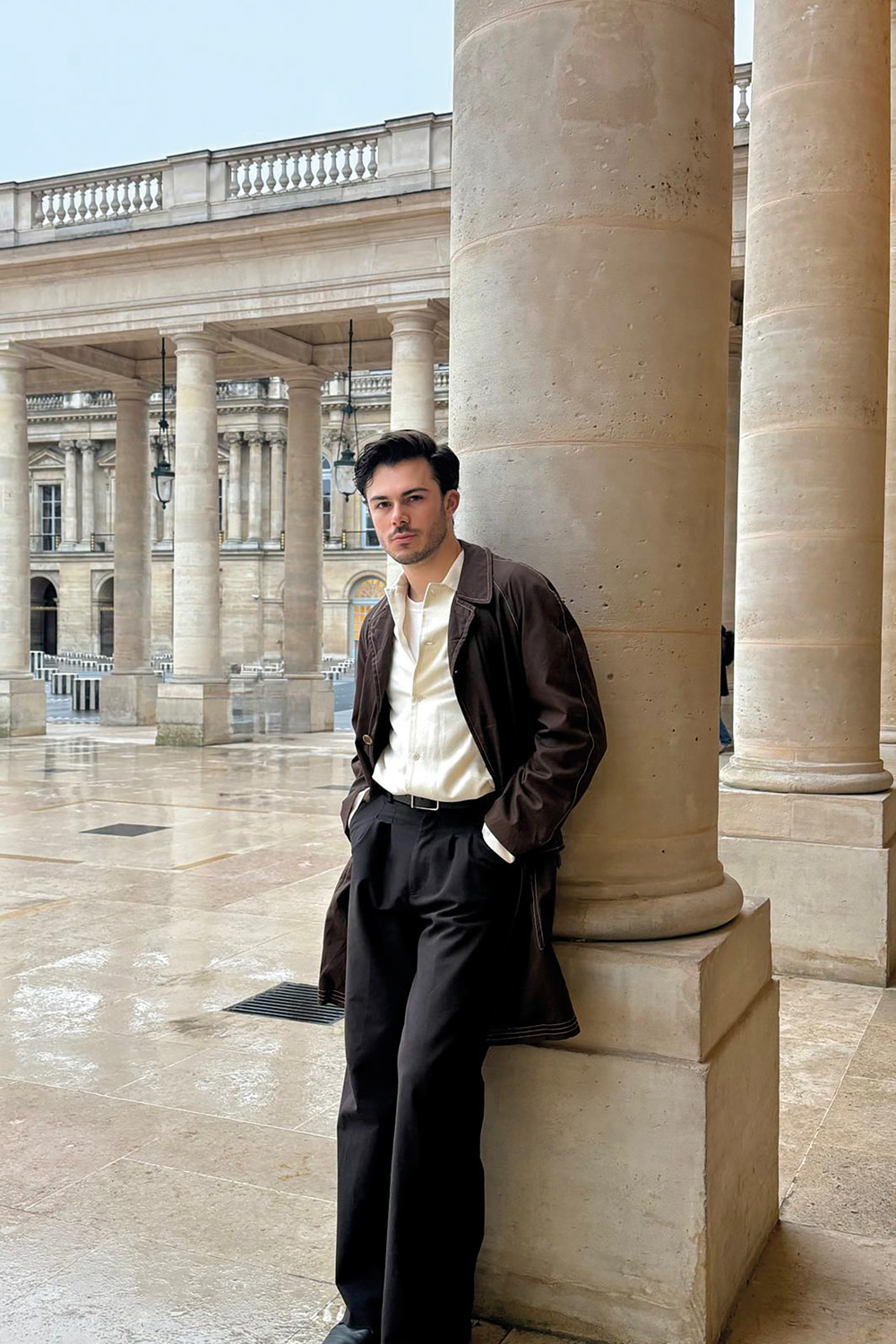
Jack Edwards On Chelsea Arts Festival, AI & The Books That Will Stand The Test Of Time
By
5 months ago
Olivia Emily meets book influencer Jack Edwards – aka the internet’s librarian – as he takes on AI with his Insta-first book club
For the best part of a decade, Jack Edwards has been holding sway: from his days on EduTube (that’s educational YouTube) spurring a rise in applications to his Durham University college, to nudging his newer 750,000 TikTok followers to pick up the books he’s been loving.
Posting videos as a teenager (even opening his A level results on camera), Edwards’ rapid ascent coincided with his attention turning to university access. ‘No one in my family had been to university before,’ he tells me over tea in Hampstead. ‘I wanted to make other people feel less intimidated by that world. Especially being at Durham, where there’s an absurd overrepresentation of privately educated people.’
Edwards is one year older than me; we both studied English Literature. I remember tuning into his videos for an idea of what the future had in store for me, and later arriving at university spotting my peers unpacking the washing baskets and frying pans Edwards had recommended in his ‘university homeware haul’ video. ‘It was nice to be able to give people an insight, and to say, actually, you can thrive here.’
Graduating in 2020, Edwards’ channel eventually switched from EduTube to BookTube. ‘While studying literature, I weirdly very rarely spoke about the books I was reading,’ he recalls. ‘And when you graduate, you can easily fall out of the rhythm of being an active reader. But I wanted to keep at it, reading the books I wanted versus those on a curriculum. My YouTube videos documented my falling back in love with reading during the pandemic.
‘I found my university curriculum quite pale and stale. Quite white European,’ he adds. ‘I think a lot of people resonated with a desire to pick your own syllabus. I started with Japanese literature – Haruki Murakami, Mieko Kawakami and loads more – which led me to Korean writers. Challenging my own notion of what storytelling was became the idea behind the channel. It transformed from accessibility, to education, to showcasing how you can create a lifelong education of your own accord.’
View this post on Instagram
Almost a decade later, though he posts less frequently, Edwards still boasts 1.5m YouTube subscribers. His videos – which almost always surpass the 20 minute mark – rake in hundreds of thousands of views apiece. Some capture the attention of millions and episodes – such as ‘tier ranking every classic book (so you know which ones to read)’; ‘i read tiktok’s most popular books (and lost my faith in booktok)’; and ‘books i’d sell my soul to read again for the first time’ – have established Edwards as the internet’s resident librarian. And what better string in a librarian’s bow than a book club?
Edwards launched Inklings Book Club at the end of May. Within two months, 25,000 people had signed up; at the time of writing, the Instagram account (@___inklings___) is creeping up to 50,000 followers. In his introductory YouTube video, Edwards frames Inklings as opposing the ‘frictionless society’ that algorithms and AI have created for us, having noticed the uptick in apps encouraging a new wave of readers to never read again by peddling AI software that churns out book summaries.’
‘It’s heartbreaking,’ Edwards says. ‘I was just reading The Road by Cormac McCarthy, which AI would summarise as a post-apocalyptic walk between a father and son trying to survive. But what you miss in that one-line description is the essence of every line: the lyricism, the poetry, the rich tapestry McCarthy threads over the course of 300 pages. To lose that experience of poring over a book – gasping, sitting with a character, wondering what’s going to happen, waiting to pick it back up again, theorising – would be devastating.’
Inklings resists this. ‘The books I’m choosing are cross-genre; they traverse boundaries of storytelling, geography, politics,’ Edwards says. ‘And I hope there is some friction there. Some of my choices are difficult and challenging, but that’s a good thing. That’s why I feel confident recommending them; even if you don’t love the book, you will have an intellectual, thought-provoking, maybe even galvanising experience.’
View this post on Instagram
Inklings is a free-to-join, Instagram-first community, but the reading action takes place on the Fable app, which creates spoiler-free chat rooms for each chapter of a book. Evenings and Weekends by Irish novelist Oisin McKenna is the club’s first choice. ‘This book feels complex but still accessible,’ Edwards explains. ‘There’s an ensemble of characters each with their own dilemma, and the writing is brilliant. It embodies everything I want the book club to be.’ Members can read at their own pace, or navigate to the ‘schedule’ page to find the book broken down into digestible chunks with chapter milestones to reach by specific dates. At the end of each month, Edwards shares a podcast interviewing the author and wrapping up the book.
‘I have never been in a book club,’ Edwards admits. ‘I find a lot of them quite intimidating or exclusive; I wanted to create an alternative that felt like anyone could get involved. And there are certain books that feel like book club books to me. As soon as I read Evenings and Weekends, I thought, “I would love to be able to discuss this with someone, chapter by chapter, line by line”.’
Jack Edwards’ Modern Classics
Forget AI summaries and BookTok algorithms, these modern classics will stand the test of time.
Evenings and Weekends by Oisín McKenna
Brilliant writing in a state- of-the-nation novel with moments of levity, triumph and comic relief that hold the book afloat. There’s a little bit of something in here for everyone.
Fourth Estate, £16.99
Normal People by Sally Rooney
The Irish arts are thriving because they are being funded; Rooney is the apex of that. Watching her career in real time must be what it felt like to read Dickens when his chapters were serialised in Victorian magazines.
Faber & Faber, £9.99
The Hunger Games by Suzanne Collins
This has become a cultural icon – especially major for a book many might dismiss as children’s literature. It’s impressive to be able to shift and shape culture, and enter the lexicon the way this book has.
Scholastic, £16.99
A Little Life by Hanya Yanagihara
A polarising choice. It has caused such discussion in literature – but to me, that’s what a classic does. You don’t have to like every classic. This book is so beautifully crafted, but also incredibly weighty.
Picador, £10.99
Our Evenings by Alan Hollinghurst
This feels like a book that will be studied and remembered for a long time. It’s about micro- aggressions, really: how over the course of a lifetime, these things that seem so insignificant can actually have dire consequences.
Picador, £9.99
The Coin by Yasmin Zaher
To amplify a Palestinian writer on a stage like Chelsea Arts Festival feels important. Set in NYC, The Coin is really about sonder: the realisation that everyone has as complex an inner life as you do.
Footnote, £14.99
Jack Edwards’ Inklings Book Club With Yasmin Zaher
Jack Edwards hosts his first live Inklings Book Club event as part of Chelsea Arts Festival on 20 September. He will interview Yasmin Zaher, author of The Coin, the Inklings Book Club pick for September. chelseaartsfestival.com
5.30pm, Saturday 20 September 2025 at Saatchi Gallery (Duke of York’s Square, King’s Rd, London SW3 4RY).
Tickets for this event are now sold out.
Find the Inklings Book Club on Instagram and sign up on Fable.
Find more must-visit Chelsea Arts Festival events in our day by day guide to the festival.


